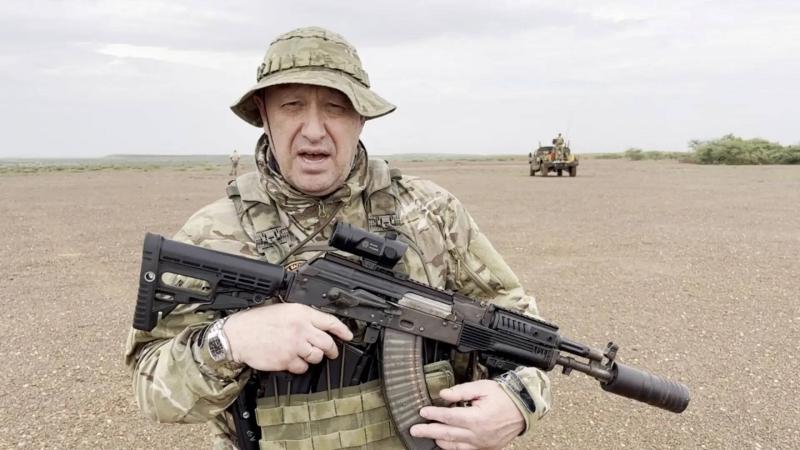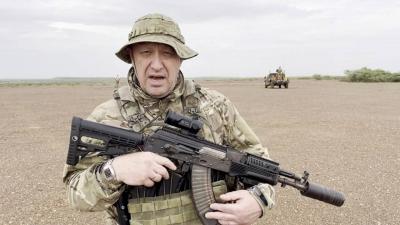With the announcement of the death of Wagner leader Yevgeny Prigozhin in the mysterious crash of a plane he was on with others, the Kremlin faces the issue of succession at the head of the group, which operates in Syria, Libya, Ukraine, and large parts of the African continent. Opportunity or problem?
Prigozhin's death was not a surprise to many observers, including the administration of U.S. President Joe Biden. CNN reported White House National Security Council spokeswoman Adrienne Watson saying, "No one should be surprised if news emerges about Prigozhin being on the plane that crashed Wednesday on a flight between Moscow and St. Petersburg." This implies, according to analysts consulted by "Al-Hurra," that Moscow likely has a "plan" to replace Prigozhin with someone less troublesome and more loyal to the Kremlin.
American Hudson Institute fellow Richard Weitz states that Moscow will likely appoint someone from Putin's inner circle to lead the militia. He adds to "Al-Hurra" that the secrecy surrounding the group will make it difficult to predict Prigozhin's successor, but he will "certainly" be affiliated with Moscow. According to The Guardian, Prigozhin was not the only Wagner leader who perished in the incident; Dmitry Utkin, one of his closest allies and another key figure in Wagner, was also aboard the plane.
Weitz does not foresee the likelihood of Wagner acting against Moscow, stating, "Once was enough, Wagner survived Prigozhin's rebellion and will not do it again." Following "Yevgeny Prigozhin's march to Moscow" two months ago, CIA Director William Burns predicted that Russian President Vladimir Putin would "take his time in exacting revenge." However, contrary to many expectations, the hand of revenge has not yet reached the group's members.
With the significant reduction in Wagner's prominent role in Russian military operations in Ukraine following the mutiny that embarrassed Putin and the Kremlin, it seemed—for a brief period—that Prigozhin was trying to regain some influence through involvement in operations in Africa at the Kremlin's request. Prigozhin had issued a statement supporting the coup in Niger, which some analysts viewed as a reminder of how Wagner once served the Kremlin's purposes.
Washington Institute fellow and Russian expert Anna Biryukov noted that "Moscow has invested heavily in this group and will not destroy it." She tells "Al-Hurra" that "Prigozhin's death has strengthened Putin's position, but it has placed him in a dilemma in choosing a leader." She believes the group, whose influence was severely damaged after the mutiny attempt, suffered another blow with the death of its leader, who provided it with significant power and made it equivalent in influence to the armed forces, if not more so.
This, she says, has led to "the group becoming much weaker than before, and it is expected to witness divisions among its members," predicting that the militia will need a long time "before it can return to its former state."




